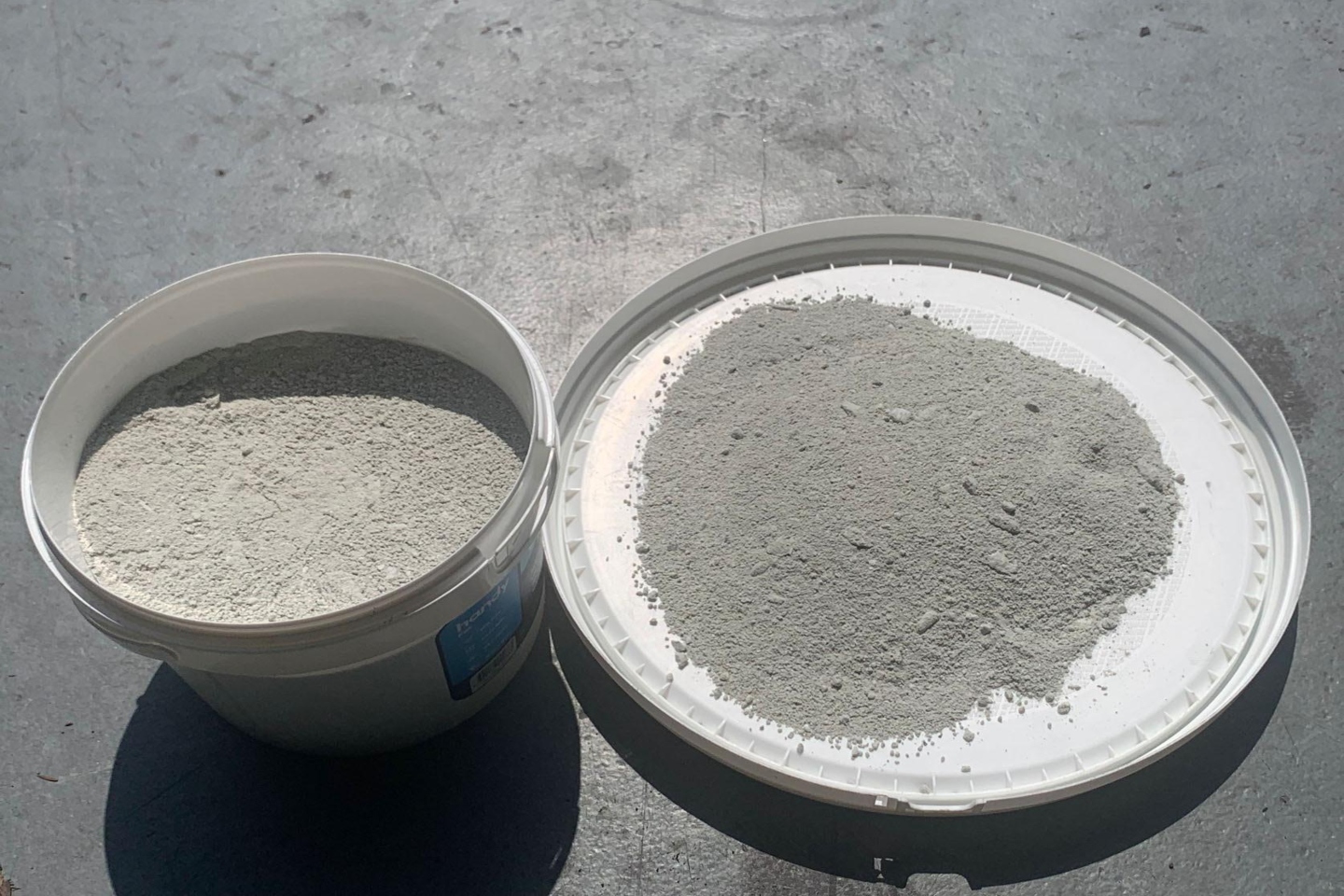ABx Group says three runs of its new bath reactor under standard process conditions have removed more than 90 per cent of fluorine from test samples and is producing hydrogen fluoride gas from each batch. The company says metal sulphate samples from the process have been sent for analysis to confirm yields, with results expected next month.


ABx Group says three runs of its new bath reactor under standard process conditions have removed more than 90 per cent of fluorine from test samples and is producing hydrogen fluoride gas from each batch.
Following the recent installation and commissioning of its state-of-the-art bath reactor, the company says it is now performing as designed and achieving enhanced process mixing. It says several kilograms of metal sulphate powder were produced in the recent runs and looked similar to the powder it previously produced using smaller reactors, where more than 90 per cent of the fluorine was extracted.
The company now believes it has proved that the new process mixing can deliver a higher fluorine yield in a single pass and says it is a significant confidence boost for the future scaling-up of its process. The powder samples from the test runs have been sent to an external laboratory to measure the fluorine content and confirm its yield, with results expected next month.
ABx Group managing director and chief executive officer Dr Mark Cooksey said: “Scaling-up of this technology is all about process and equipment validation at each higher level of operation, to ensure our world-first process can be efficiently and effectively scaled up to commercial operation. Since our first runs with this larger batch reactor in November, we have shown we can run the reactor safely under standard process conditions to produce hydrogen fluoride. Now we see it can produce the higher fluorine yields required for commercial production.”
The company launched the operation of its new pilot batch reactor at its technology centre in NSW last month in a world-first trial process to produce hydrogen fluoride from bath, which is a fluoride-rich waste generated in excess from industrial smelting of alumina to produce aluminium.
The reactor was installed and commissioned in mid-September and ABx and its 83 per cent-owned subsidiary, Alcore, believe the process they have developed could have great potential for Australia, which currently imports all its aluminium fluoride.
Recent tests showed that achieving a high fluorine yield from aluminium smelter waste is feasible but depends on full process mixing and that proved difficult using Alcore’s original small laboratory-scale reactor. Management says the new reactor’s technology enhances process mixing and has a capacity 10 times that of the original laboratory reactor.
The typical alumina smelting process produces several fluoride waste products, including per-fluorocarbons and hydrogen fluoride as gases, in addition to sodium and aluminium fluorides and unused cryolite as particulates. The waste can be as little as 0.5kg per tonne of aluminium in the best plants and up to 4kg per tonne of aluminium in older designs from as far back as 1974.
Typically, a smelter generating a surplus of bath material needs to crush it to certain technical specifications and then bag it to reuse it in its process. The recovered fluorine is then used to produce hydrogen fluoride for use in a later-stage commercial plant process to produce aluminium fluoride – a high-value chemical essential for aluminium smelting.
An important consideration in the local context is that Australia is the world’s biggest aluminium smelting region but it does not have local aluminium fluoride production. It has left a need for the nation to import most of its aluminium fluoride from China and it is the biggest purchaser of that country’s product.
Following successful batch and continuous pilot trials, ABx and Alcore could find themselves on the cusp of designing and manufacturing a local commercial hydrogen fluoride production process. That would not only eliminate the outdated mechanical recovery, crushing and sizing of excess bath to access its contained fluorine, but also circumvent potentially difficult international market supplies.
Is your ASX-listed company doing something interesting? Contact: matt.birney@businessnews.com.au












